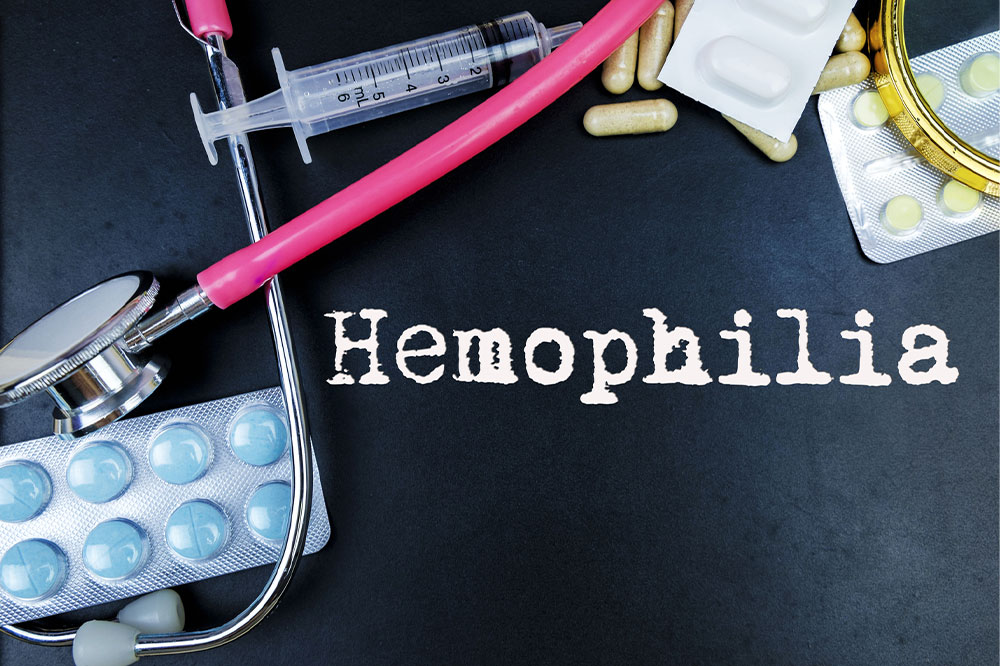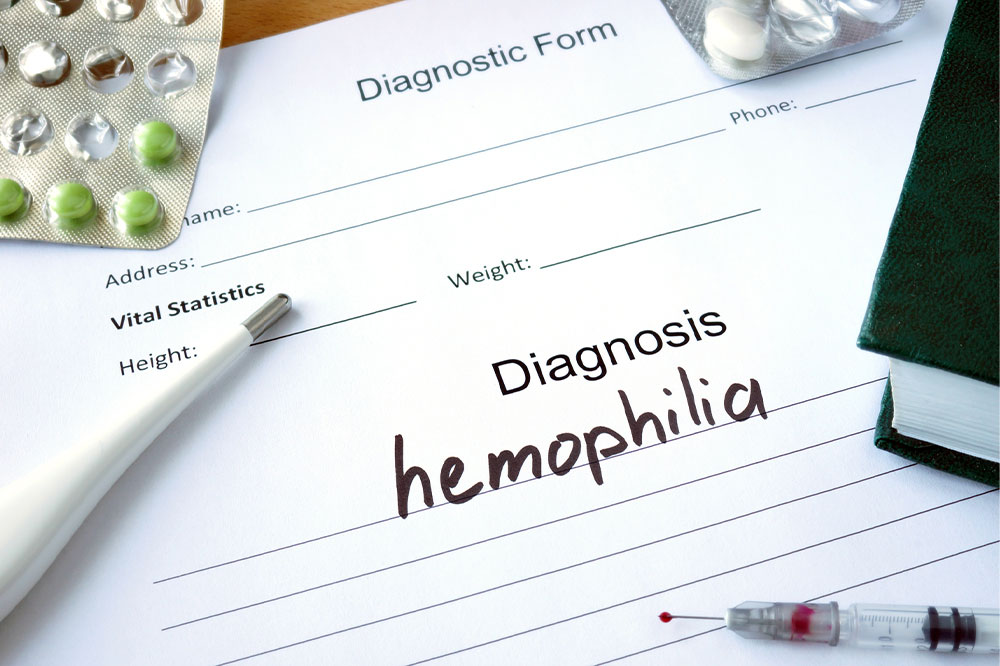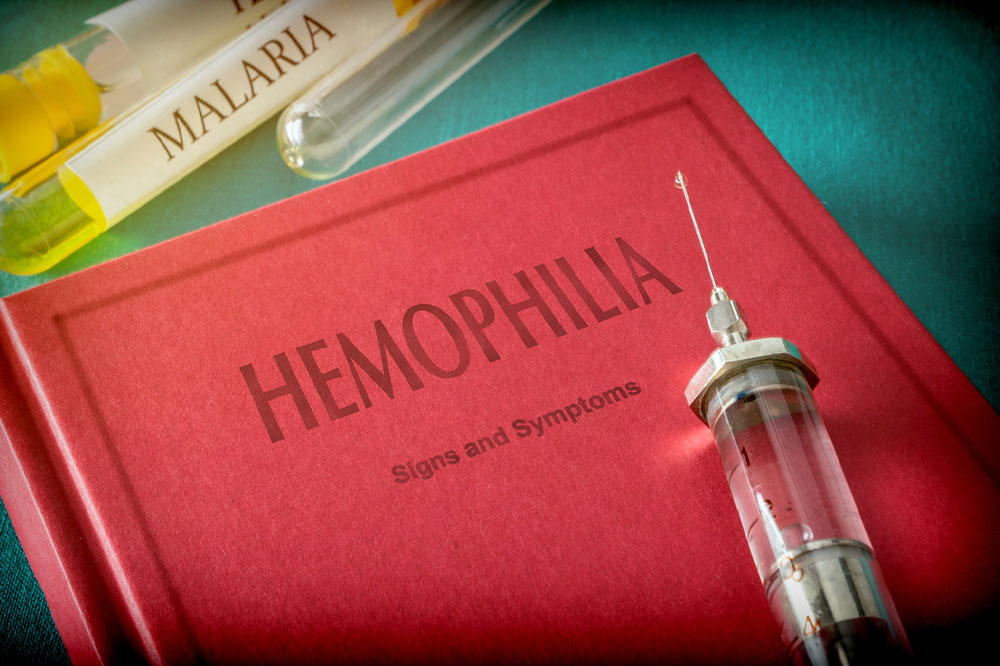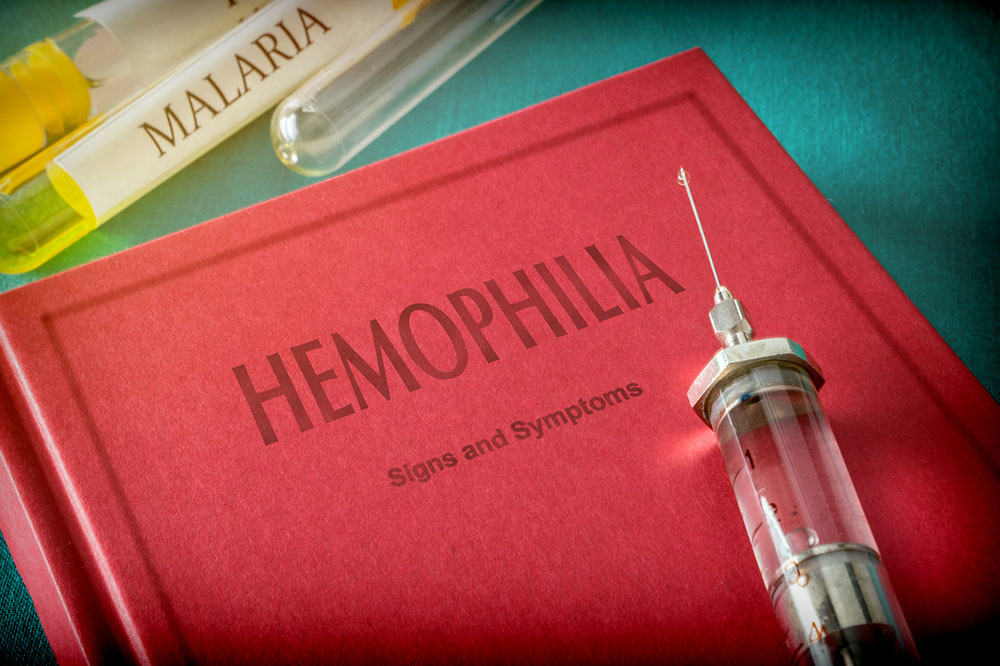Essential Travel Guidelines for Individuals with Hemophilia
Traveling with hemophilia requires careful planning to ensure safety and manage bleeding risks. This guide offers essential tips, including consulting healthcare providers, securing appropriate insurance, packing necessary supplies, researching local medical facilities, and building a support network. Proper preparation helps hemophilia patients enjoy their travels with confidence and peace of mind.

Guidelines for Traveling with Hemophilia
Hemophilia is a rare bleeding disorder characterized by the blood's inability to clot properly. Individuals with this condition are prone to extended or spontaneous bleeding episodes, bruising, and difficulty stopping bleeding after injuries or procedures. Even minor cuts can lead to continuous bleeding in hemophilia patients. Since bleeding can occur unexpectedly, it’s vital to take specific precautions when traveling. Here are key tips to ensure safe travel for people with hemophilia.
Consult your healthcare provider before departure
Always seek medical advice prior to traveling. Ask your doctor about necessary vaccinations, such as hepatitis A or B, and discuss your travel plans to get personalized recommendations.
Prepare an emergency action plan. Request your doctor for a letter detailing your diagnosis, medications, and medical devices you require. Carry this document at all times during your trip. If flying, this letter helps secure approval for your medical supplies and ensures smooth airport procedures.
Secure travel insurance covering hemophilia
Obtain comprehensive travel insurance that covers bleeding disorders. Healthcare abroad can be costly, so verify coverage in advance. Many travelers acquire insurance through their employer, educational institution, or credit card providers.
Pack sufficient medical supplies and monitor treatments
Carry extra syringes, clotting factor kits, bandages, and antiseptics in your carry-on luggage to avoid loss during transit. Keep a detailed record of your infusions to manage your treatment schedule and discuss any concerns with your healthcare provider upon return.
Research healthcare facilities at your destination
Identify nearby hospitals or hemophilia treatment centers before traveling. Contact these facilities to inform them of your condition, so they can provide appropriate care in case of emergencies.
Seek assistance when needed
Connect with local hemophilia support groups or advocacy organizations. Don’t hesitate to ask for help from local medical personnel or community members familiar with hemophilia, enhancing your safety and support network while traveling.










